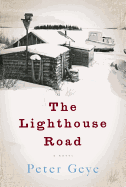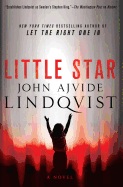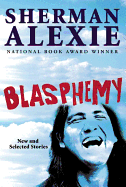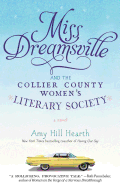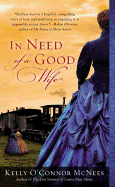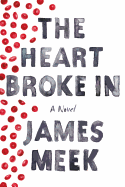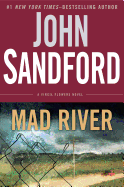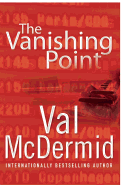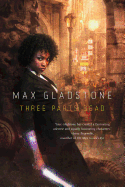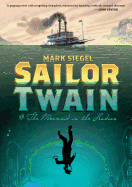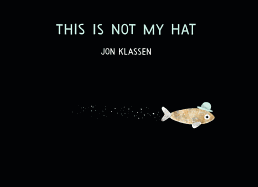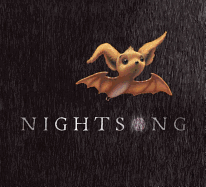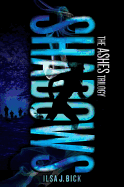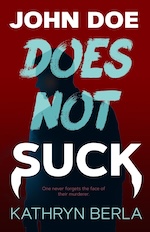 When Bronwen Hruska's eldest son was in third grade, a teacher at his private school in Manhattan recommended medication to help him settle down in class. The question was: Did he really need it? "Will did not bounce off walls," Hruska recalled in an op-ed piece published in the New York Times this summer. "He was an eight-year-old boy with normal eight-year-old boy energy." For his school, however, that represented not just a mild discipline problem, but a potential blow to its test scores.
When Bronwen Hruska's eldest son was in third grade, a teacher at his private school in Manhattan recommended medication to help him settle down in class. The question was: Did he really need it? "Will did not bounce off walls," Hruska recalled in an op-ed piece published in the New York Times this summer. "He was an eight-year-old boy with normal eight-year-old boy energy." For his school, however, that represented not just a mild discipline problem, but a potential blow to its test scores.
Hruska and her ex-husband began giving their son a generic form of Ritalin on school days, although their son put an end to it a year later after telling them what he'd learned about the potential side effects. She couldn't shake her frustration with the experience, and began channeling that energy into a novel that uses thriller-like pacing to turn one family's crisis into an indictment of the succeed-at-any-cost culture that's grown up around private education. "These characters are not me or my son or my ex-husband," Hruska said of the family at the center of her debut novel, Accelerated (just published by Pegasus Books), but the initial stages of the story are "verbatim from my own experience." ("Thankfully," she added, "not the later parts.")
She signed up for a creative writing class that demanded students bring a full plot synopsis to the first session as a spur to get started; when the class ended three months later, she had the first few chapters down and was ready to spend the next nine months completing an initial draft. "I worked as a screenwriter for seven years, so I had mapped it out as a screenplay," she said of the storyline, which she eventually began whittling down to a more novelistic level. "It was really... bad," she confessed, "but I started to rewrite, and then I was invited into a master class workshop led by the novelist Jennifer Belle. That's when the draft really started to shape up."
Then, in 2008, Hruska's mother, Soho Press co-founder Laura Hruska, invited her daughter into the business with the aim of taking it over after her death (which came two years later). "Working at a publishing company was never something I saw myself doing," she recalled, but "I owed it to myself, and to her, to try... and the more I learned about it the more I started to like it--now I absolutely love being able to bring these amazing books into the world, and continue what my mother started."
Meanwhile, over the course of several years, Hruska continued to refine the manuscript of Accelerated whenever she could find a few moments--tightening the plot further, sharpening the dialogue, and removing the perspective of a sympathetic teacher to tell the story entirely through the eyes of the father being pressured to accept the school's description of his young son as a problem child in need of medical treatment. (She chose a male protagonist in order to emphasize his outsider status among the other private school parents; "It's really a culture of women," she said.)
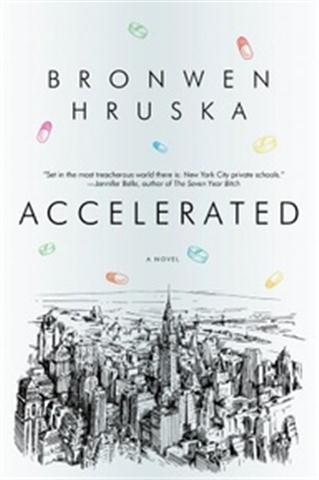 Once the novel was completed, Hruska admitted, "I didn't actually know how to go about getting an agent, which is kind of ridiculous." She knew agents, of course, but she didn't want to show the book to anyone that she was already working with regularly as a publisher, fearing the potential awkwardness if they weren't impressed. Eventually, one of Soho's editors, Juliet Grames, put her in touch with Stephanie Abou, who loved the novel and began submitting it to editors.
Once the novel was completed, Hruska admitted, "I didn't actually know how to go about getting an agent, which is kind of ridiculous." She knew agents, of course, but she didn't want to show the book to anyone that she was already working with regularly as a publisher, fearing the potential awkwardness if they weren't impressed. Eventually, one of Soho's editors, Juliet Grames, put her in touch with Stephanie Abou, who loved the novel and began submitting it to editors.
"A lot of people passed on the book," Hruska recalled, but her new role at Soho softened the blow of the rejections. "As a publisher," she explained, "you really have to fall in love with a book. You can't feel casual about a book that you want to publish." Eventually, it was accepted by Pegasus Books, another indie publisher located not so far from Soho's offices. "But I'd never met them before," Hruska said with a laugh. "I finally met them in Frankfurt, two weeks after they'd already bought my book."
She's thrilled with how they've been treating her as an author, including their willingness to listen to marketing suggestions based on things she's learned trying to sell Soho titles. "There are many e-mails I don't send because I don't want to be 'that author,' " she said, "but at the same time, I've only ever felt open arms from them.... I really do feel like we have a nice partnership."
As for her sons? Will, whose misdiagnosis inspired Accelerated, is now an honors student in high school. Her younger son is enrolled in a different school, where they haven't outright recommended medicating him but have encouraged Hruska to have him evaluated. "So I see the patterns emerging again," she said, "and I'm keeping an eye on the situation." If her novel encourages other parents to push back at schools trying to steer their children into treatment, she said, all the better. "I wanted to look at how hard it is for parents to make these kinds of decisions," she reflected. "It's not something they talk about much amongst themselves." Hruska's op-ed piece already set that conversation in motion; Accelerated is likely to take it even further. --Ron Hogan, founder of Beatrice.com
Bronwen Hruska: An Epidemic of Over-medicated Children



 When
When  Once the novel was completed, Hruska admitted, "I didn't actually know how to go about getting an agent, which is kind of ridiculous." She knew agents, of course, but she didn't want to show the book to anyone that she was already working with regularly as a publisher, fearing the potential awkwardness if they weren't impressed. Eventually, one of Soho's editors, Juliet Grames, put her in touch with Stephanie Abou, who loved the novel and began submitting it to editors.
Once the novel was completed, Hruska admitted, "I didn't actually know how to go about getting an agent, which is kind of ridiculous." She knew agents, of course, but she didn't want to show the book to anyone that she was already working with regularly as a publisher, fearing the potential awkwardness if they weren't impressed. Eventually, one of Soho's editors, Juliet Grames, put her in touch with Stephanie Abou, who loved the novel and began submitting it to editors. Sadie Stein is deputy editor of
Sadie Stein is deputy editor of 